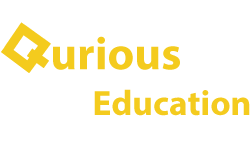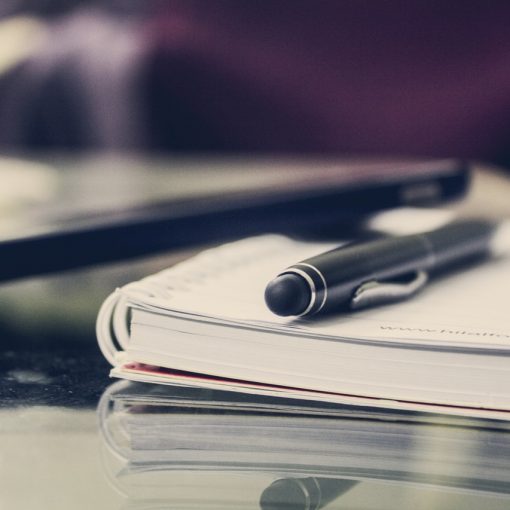
Need suggestions on Economics books to read for your personal statement? In fact, most students applying for a BSc. Economics degree course would mention a book. This article aims to do three things:
- Explore/suggest potential Economics books to read
- Discuss if it is necessary to read an Economics book
- Consider how one should include it in the Economics personal statement
If you are applying to study an Economics degree course, also be sure to check out our Economics Personal Statement Example, the BSc. Economics Entry Requirements Table for Top Universities and our article on Career Options for Economics Graduates.
Which Economics books should I consider reading?
There are numerous books on Economics out there. One useful way to decide which book to read is to separate them into two categories, which are interest-based books and academic-based books. Interest-based books are written to make the reader feel intrigued and provide a more casual/non-rigorous look into Economics (e.g. fun facts, interesting observations). Academic-based books are used to give a deeper understanding of the subject (e.g. books on Economic theory, university coursebooks, different schools of Economic thought).
As your personal statement should aim to be academic yet passionate, you may want to consider discussing an academic-based book in more depth, while briefly touching upon an interest-based book to show how your interest in the subject started. It is important to have a clear purpose when bringing up something you read, as you would want to demonstrate you have understood and explored the material fully. Below you can find the Amazon links to each book and their corresponding description on the product page so that you can decide whether it is in line with what you are looking for.
Interest-based Economics books to consider reading:
General Economics
The books below tend to give an introduction into Economics and are great for casual reading. They include interesting insights into subject, and is good for those who have not studied the subject before. Note that Freakonomics and the Undercover Economist tend to be very popular among students, and that Freakonomics even had their own radio talk show at one time!
- Freakonomics: A Rogue Economist Explores the Hidden Side of Everything
- Superfreakonomics: Global Cooling, Patriotic Prostitutes and Why Suicide Bombers Should Buy Life Insurance
- Cracking Economics
- The Undercover Economist
- The Undercover Economist Strikes Back: How to Run or Ruin an Economy
- The Return of Depression Economics
Behavioural Economics
A relatively new field of Economics, Behavioural Economics tend to explore human psychology and decision making in the context of Economics and markets. It challenges the fundamental assumptions of Economics (e.g. people are rational and always aim to maximise their own utility) and can be very fascinating if that is up your alley.
- Thinking, Fast and Slow
- Inside the Nudge Unit: How small changes can make a big difference
- Nudge: Improving Decisions About Health, Wealth and Happiness
Game Theory
Game Theory studies the interaction between two or more players (e.g. companies) to maximise their pay-offs (e.g. profits) in a certain situation. For example, a firm may decide to raise their prices to maximise revenue but can be worse-off if their competitor does the same thing, and hence keeps the price constant. Fundamentally, this is expressed mathematically using matrices – if you are interested in the more academic parts then consider the last book in the list below. If not, the first two will suffice and the movie “A Beautiful Mind” is related to the discovery of the Economic theory too.
- Who Gets What – And Why: Understand the Choices You Have, Improve the Choices You Make
- Liar’s Poker: From the author of the Big Short (Heavily Finance Focused)
- Theory of Games and Economic Behavior
Academic-based Economics books to consider reading:
Introductory Economics Coursebooks
These Economics Coursebooks are common textbooks for most undergraduate Economics courses, depending on the course lecturer. They are well known by university students and tutors which helps build fundamental knowledge of Economics for students before they move onto something more advanced. Note that the difficulty is far above A-Level and you are not expected to be familiar with these, although it can give you a head start and some idea as to what you can expect to study in your Economics degree.
- Macroeconomics (Mankiw)
- Macroeconomics, Global Edition (Blanchard)
- Microeconomics, Global Edition (Perloff)
- Microeconomics (Katz and Rosen)
Books by Great Economic Thinkers
These are the key works published by various Economists throughout the ages and helped shaped Economic theory to what they are today. With different ideas and philosophies, the first book summarises the different Economic schools of thought nicely. Whereas, you may be interested in reading the individual works of each Economic thinker in particular if you are interested in say Keynes or Adam Smith.
- The Worldly Philosophers: The Lives, Times, and Ideas of the Great Economic Thinkers
- The Communist Manifesto (Karl Marx)
- Wealth of Nations (Adam Smith)
- The General Theory of Employment, Interest and Money: with The Economic Consequences of the Peace (John Maynard Keynes)
- On The Principles of Political Economy and Taxation (David Ricardo)
- Principles of Economics (Alfred Marshall)
- The Road to Serfdom (Friedrich Hayek)
Is it Necessary to Include a Book in my Personal Statement?
As you can imagine, most students applying to an Economics degree will mention a book they have read. It is the one of the easiest ways to show interest in the subject. Including a book is obviously not a requirement, and most students neglect other opportunities to find out more about the subject. For example, this can range from participating in Economics related events, studying a non-school course on the subject, or paying close attention to Economics news. These activities are likely to make you stand out more, than writing about a popular Economics book like numerous others.
Doing a range of activities signals proactiveness and understanding of the subject through different perspectives. It can also help confirm your subject interest. If you are struggling to think of specific activities, why not ask our advisor for some suggestions?
How Should I Include a Book in my Personal Statement?
Including an Economics book in your personal statement can be difficult. You do not want to sound superficial or repeat what you have read. Instead, you should think about what you have gained from your reading. How has it triggered your interest to pursue the subject further? How does it connect with things you already learnt in Economics? What is your own perspective on what the writer mentioned? Expressing what you read in this way can help you stand out, as other students are unlikely to come up with the same answers.
Of course, all this is by no means easy. Having difficulty in discussing an Economics book you have read, or want a helpful eye on what you have written? Just reach out to our highly qualified Economics advisor, and we can help your personal statement go even further.




